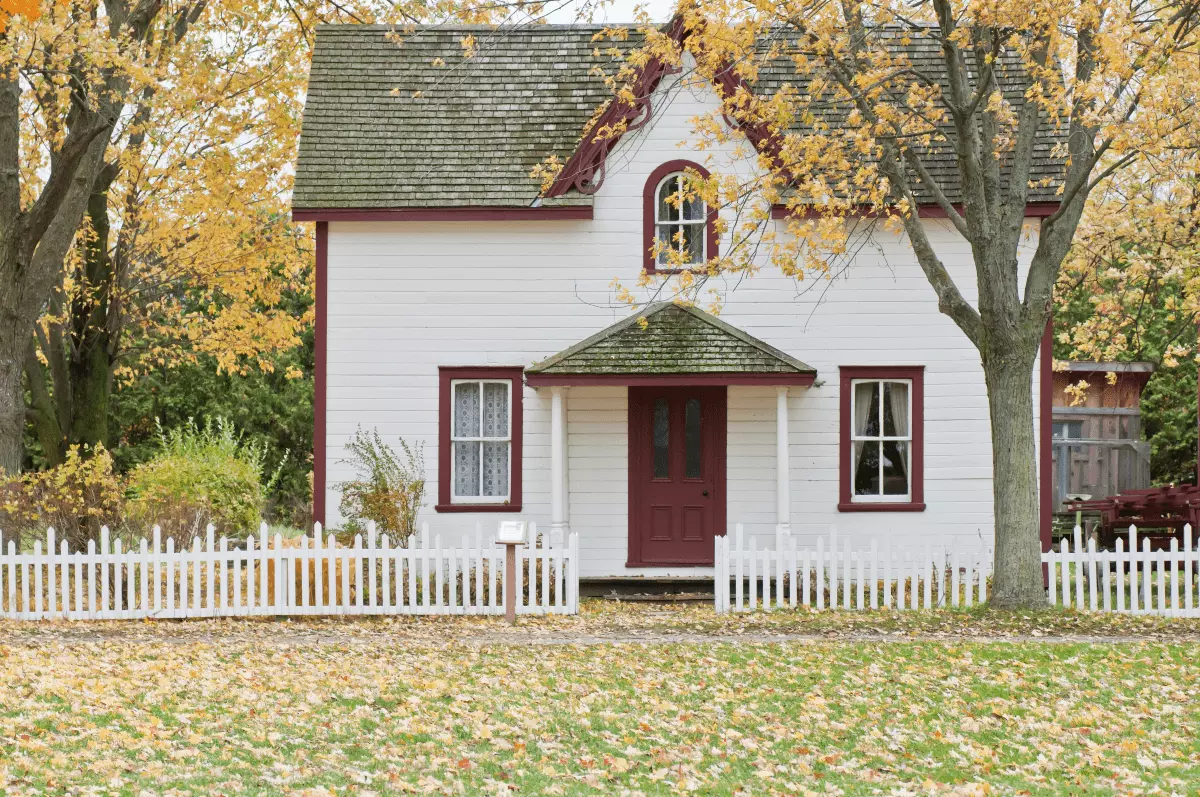Your house, your rental income, and your future.
 Renting out your house is tricky, especially as a one-man team as opposed to a property management company.
Renting out your house is tricky, especially as a one-man team as opposed to a property management company.
Renting out your house: A Step-by-Step Guide
Renting out your property can be a great way to generate income, but it requires careful planning and management. Whether you are new to property rental or have experience in the field, these steps will help you maximize the benefits and streamline the process.
1. Understand Local Laws and Regulations
Before you begin renting out your property, it's essential to research and familiarize yourself with the local laws and regulations. This includes understanding the Fair Housing Act, which prohibits discrimination against housing applicants, and the Fair Credit Reporting Act, which governs credit and criminal background checks. It's important to protect yourself legally and ensure a fair tenant-screening process.
 Fix your rental property before potential tenants move in to ensure a security deposit.
Fix your rental property before potential tenants move in to ensure a security deposit.
2. Prepare Your Property
To attract tenants and maximize rental income, it's crucial to prepare your property. Fix any broken appliances, tend to messes, and make recommended enhancements. Conduct market research to identify similar rental properties in your area and consider making improvements based on their offerings. Additionally, secure landlord insurance to protect yourself from potential financial losses and liabilities.
3. Set a Competitive Rental Price
Conduct thorough market research to determine an optimal rental price for your property. Utilize rent estimator tools to ensure you strike the right balance between profit and attracting tenants.
 Renting out your property starts with a lease agreement for your rental property.
Renting out your property starts with a lease agreement for your rental property.
4. Draw Up a Lease Agreement
Create a comprehensive lease agreement that clearly outlines the terms and conditions of the rental. Include important details such as rent amount, security deposit, lease duration, and property rules. Ensure compliance with local and state laws to protect both yourself and your tenants.
5. Create an Engaging Listing
Craft an enticing listing that highlights the unique advantages of your property. Consider potential features that are likely to resonate with your ideal tenant, such as nearby schools, parks, pet-friendliness, and neighborhood highlights. Effective communication in your listing is key to attracting dependable tenants who will treat your property with care.
 Ensure your rental properties are marketed well for that extra rental income from potential tenants.
Ensure your rental properties are marketed well for that extra rental income from potential tenants.
6. Market Your Property
Share your listing across multiple online platforms, including ILS networks, Facebook, and Instagram. Utilize Facebook Marketplace to reach potential tenants beyond your social circle. Casting a wide net will increase your chances of finding the right tenant for your property.
7. Screen and Collect
Develop a comprehensive tenant screening process that includes background checks, credit checks, and references. This step helps you select reliable tenants who are more likely to pay rent on time and take care of your property. Collect a security deposit and the first month's rent from your tenants before they move in, following local laws regarding the handling of security deposits.
 Renting out your house means screening tenants, paying property taxes, understanding tax deductions, and acting as a property manager.
Renting out your house means screening tenants, paying property taxes, understanding tax deductions, and acting as a property manager.
8. Maintain Your Rental Property
Regular maintenance is essential to keep your rental property in good condition and ensure tenant satisfaction. Promptly address maintenance requests and conduct routine inspections to identify and resolve issues before they escalate. Stay up-to-date with local regulations and safety standards to ensure compliance and a safe living environment for your tenants.
Renting Out Your House Made Easy
Renting out your home is an exciting journey, especially in the age of Airbnb and VRBO. By following these steps, estimating your rent, drawing up a lease agreement, and preparing your property, you'll be well-equipped to meet and vet potential tenants. Sharing your home, community, and amenities is a unique job that almost anyone can tackle.
Please note that the information provided in this article is for educational purposes only and does not constitute legal or financial advice. It is recommended to seek professional guidance for your specific situation.

















